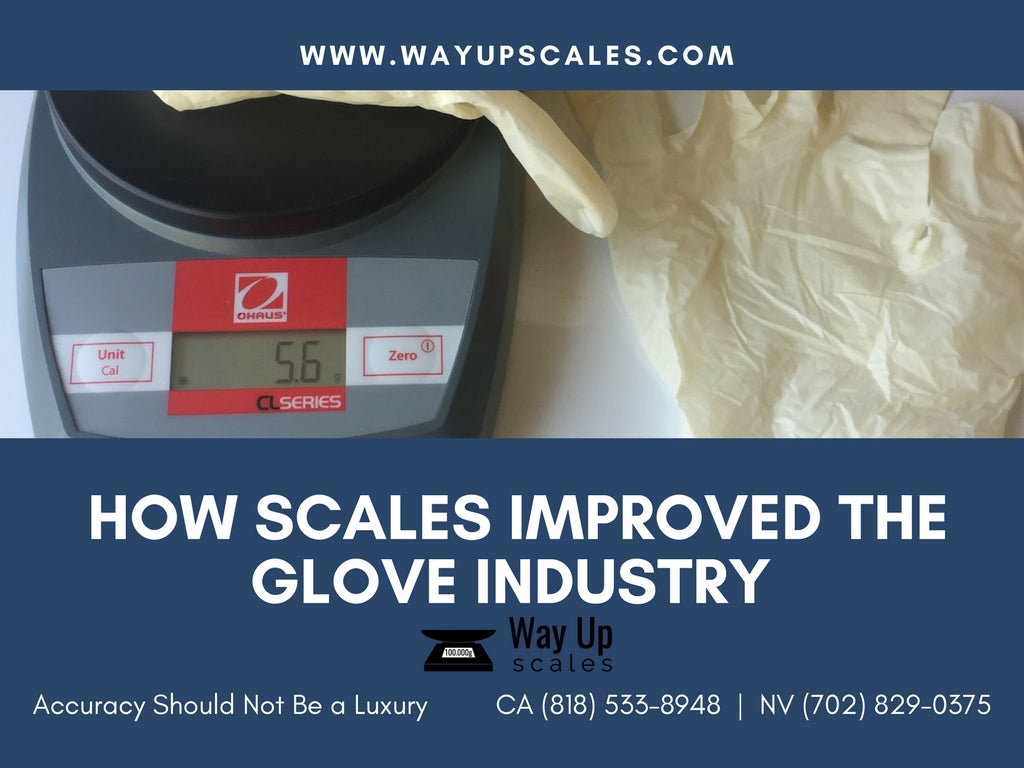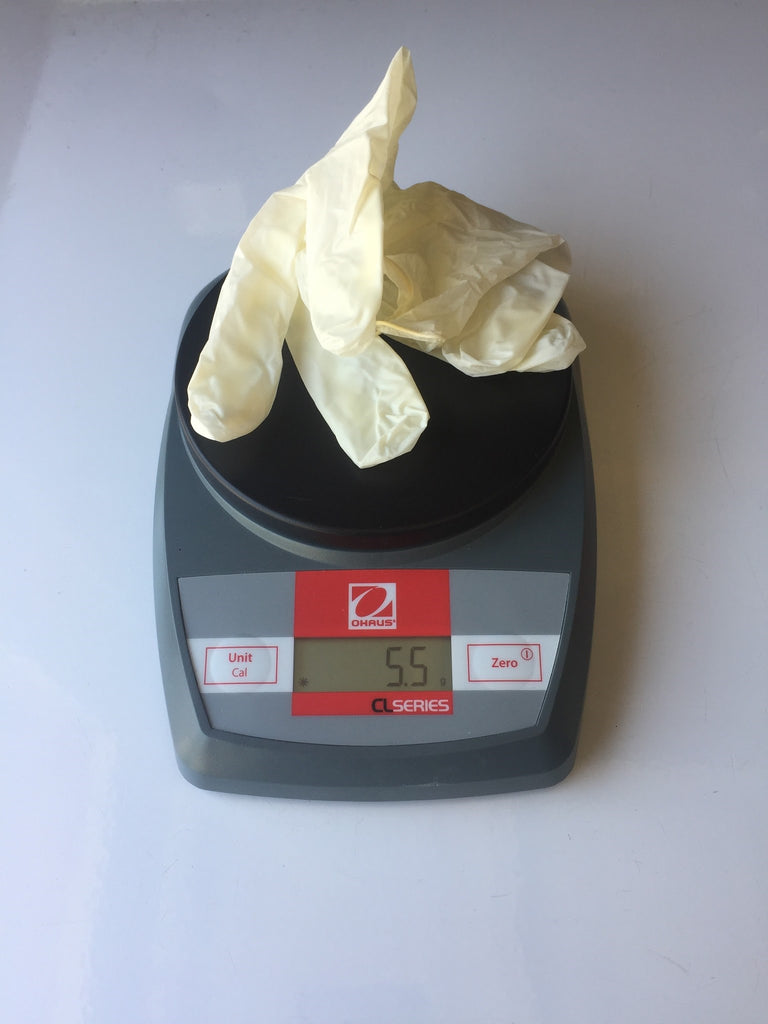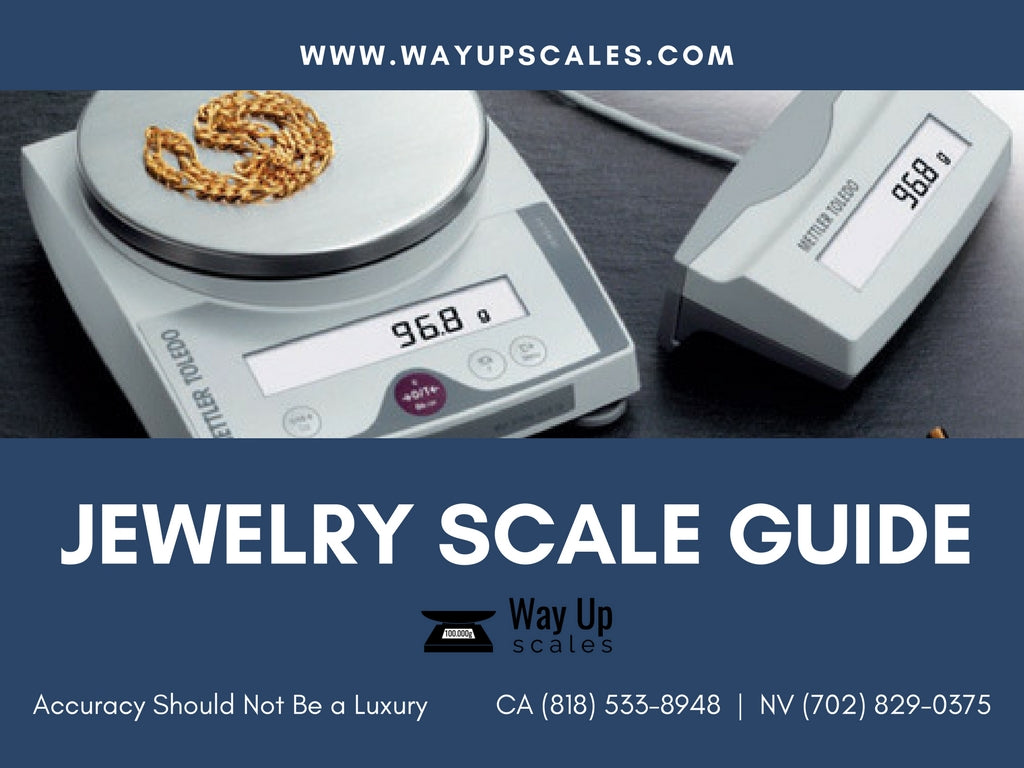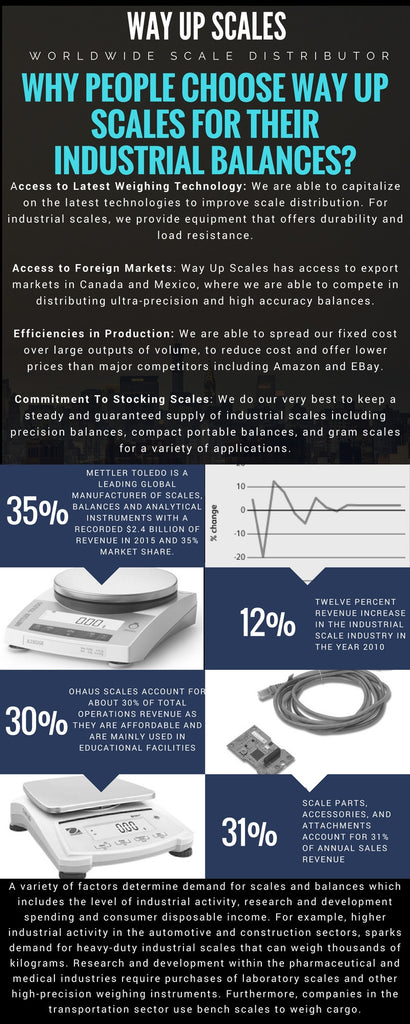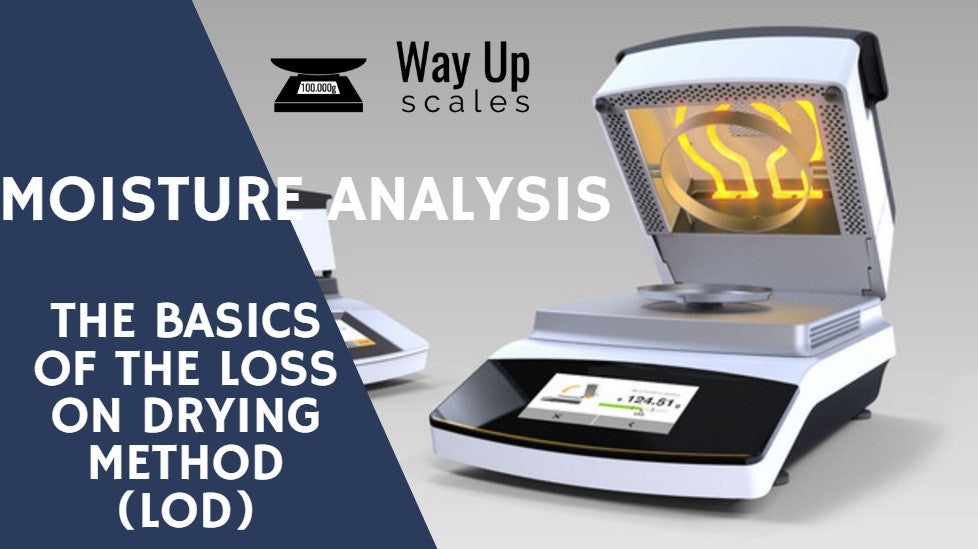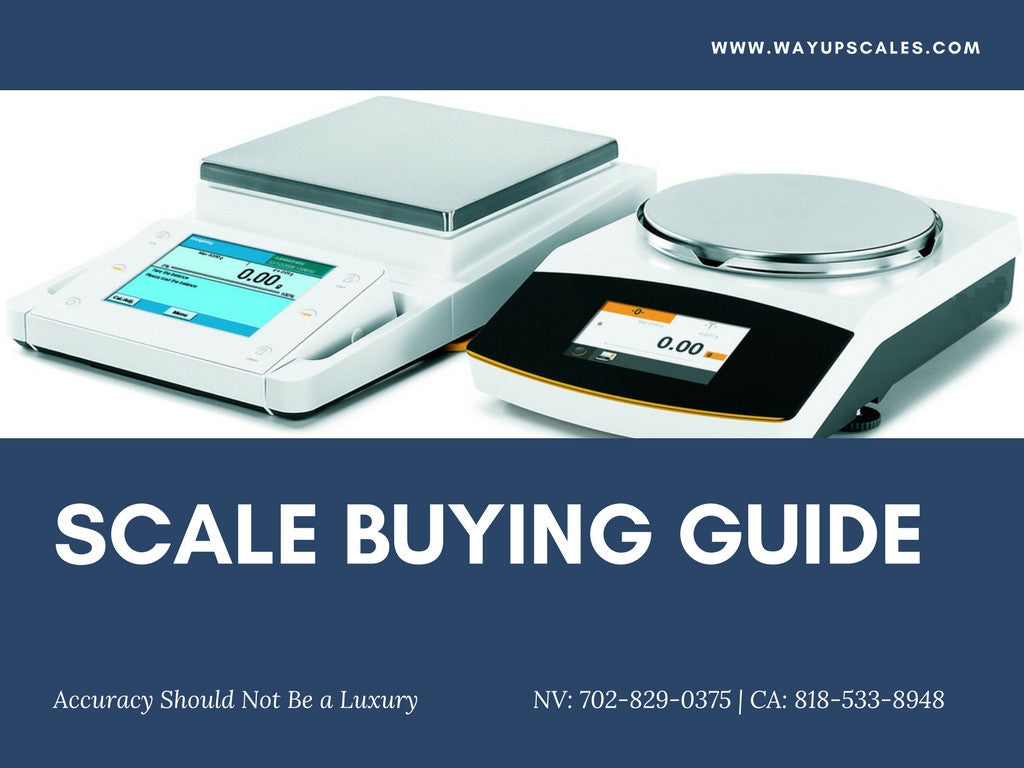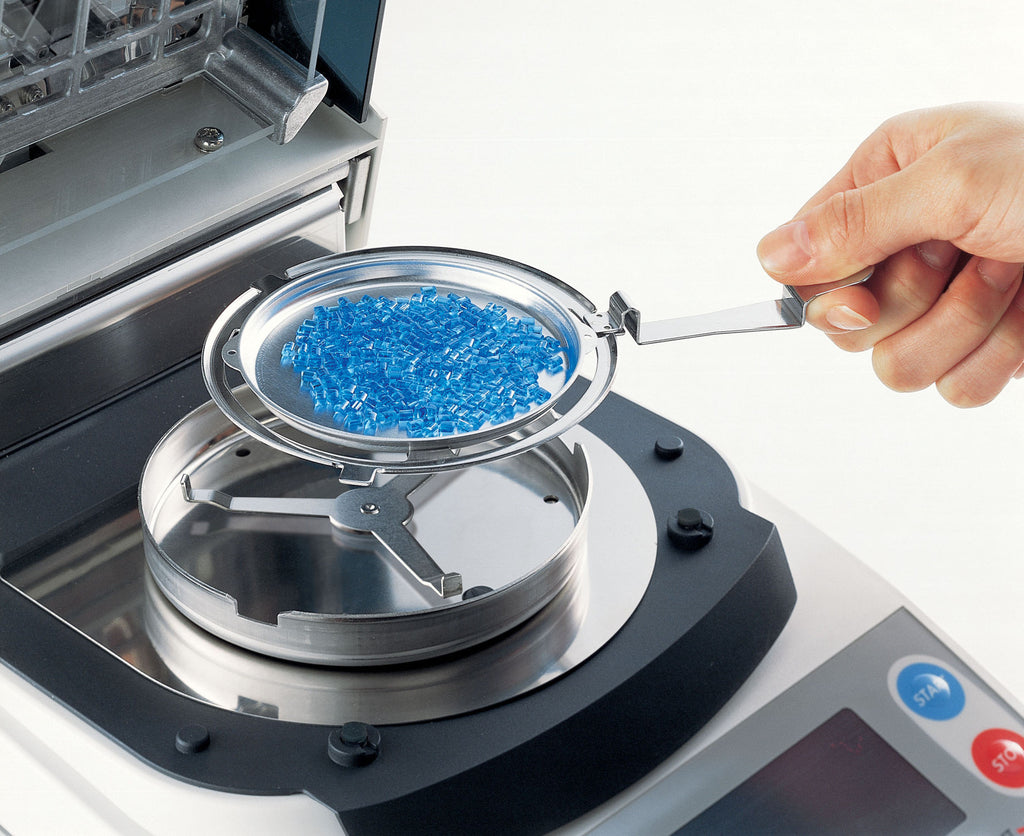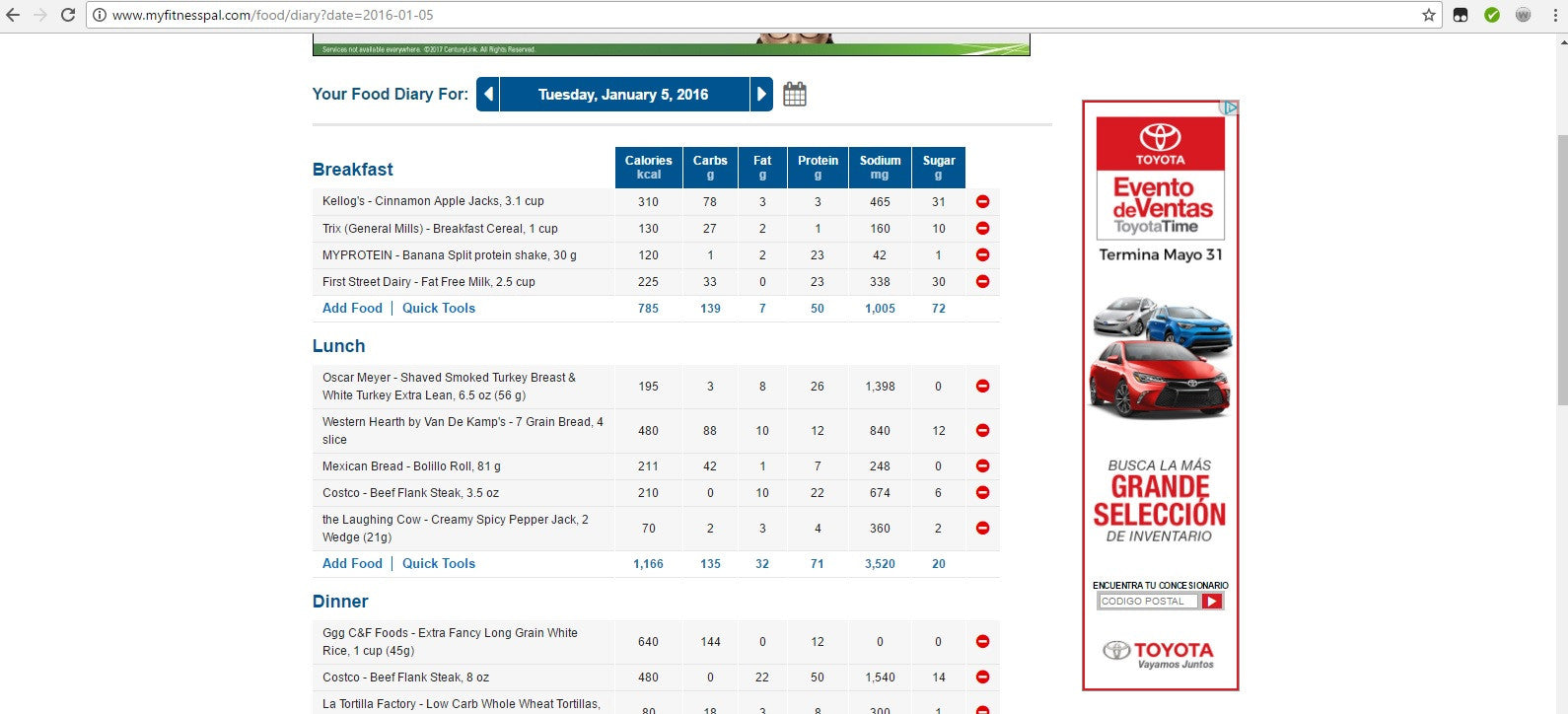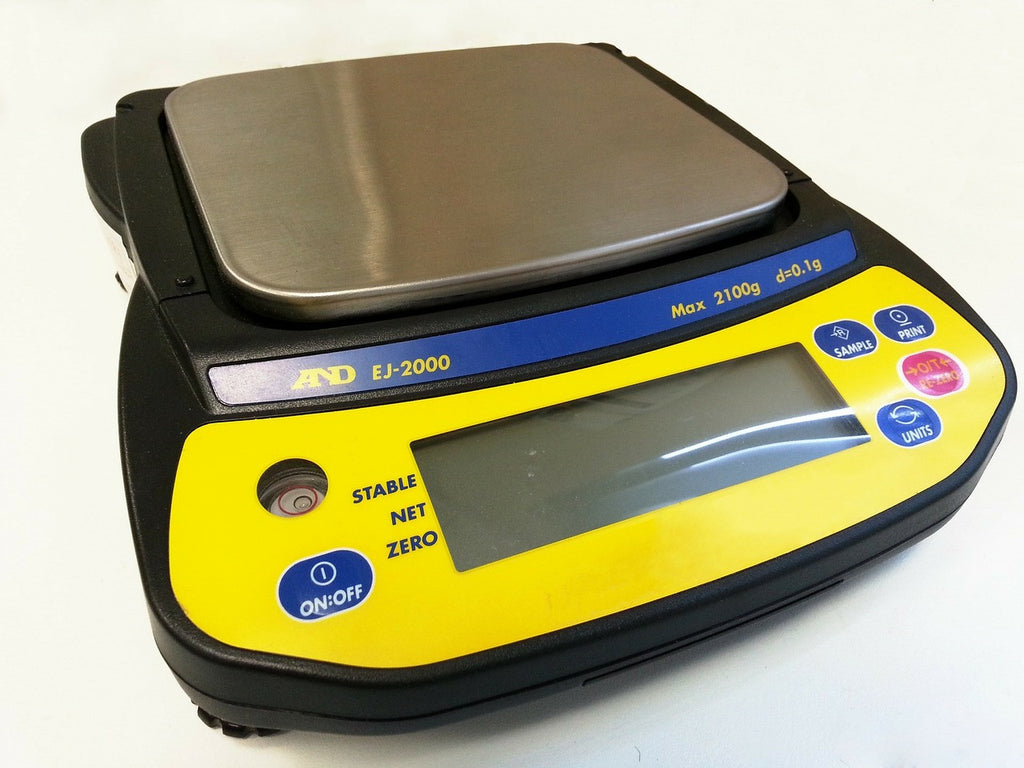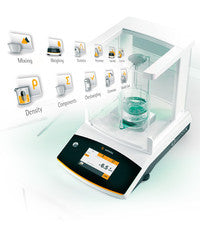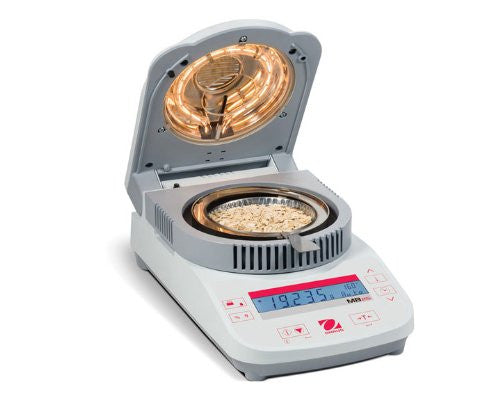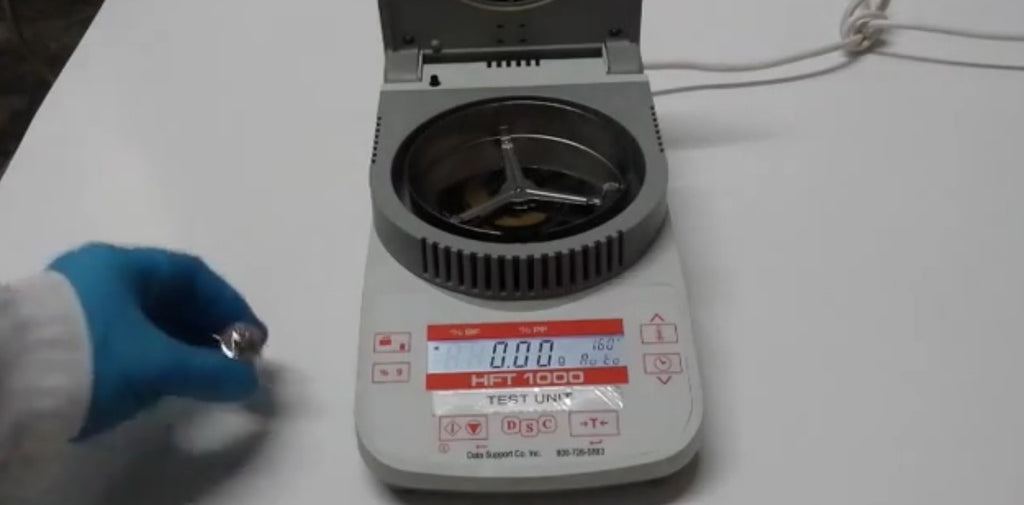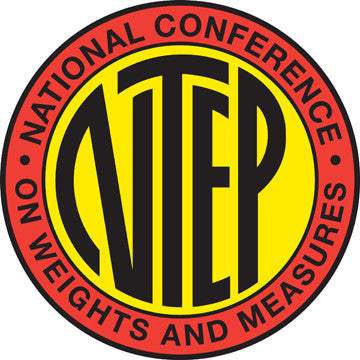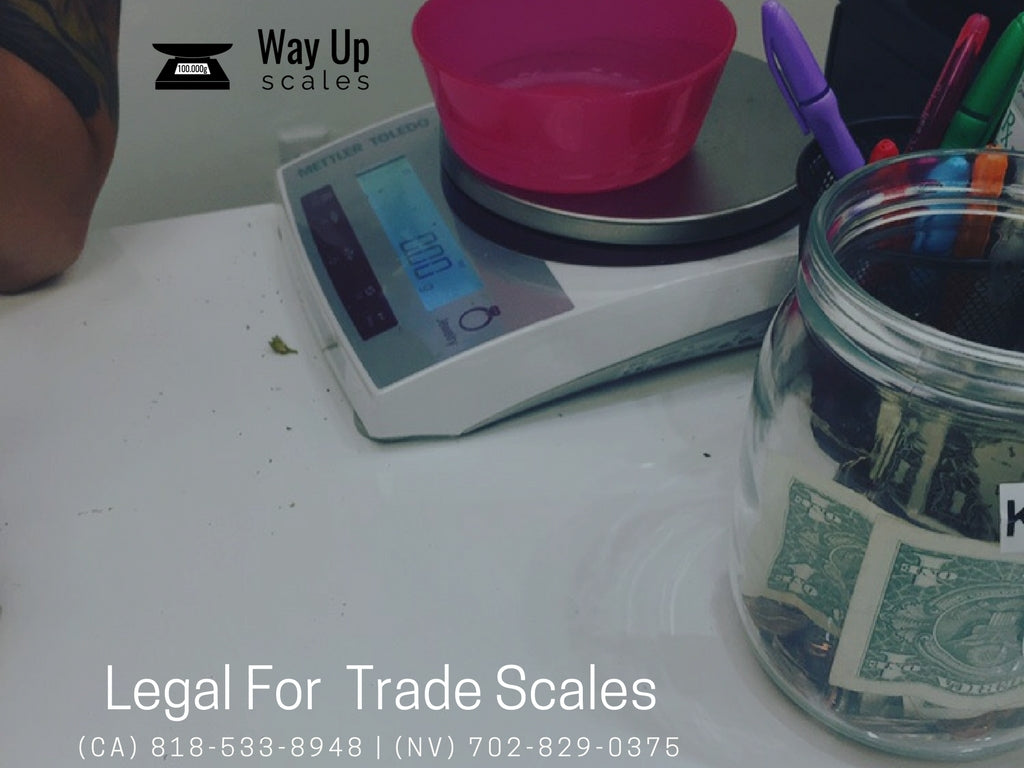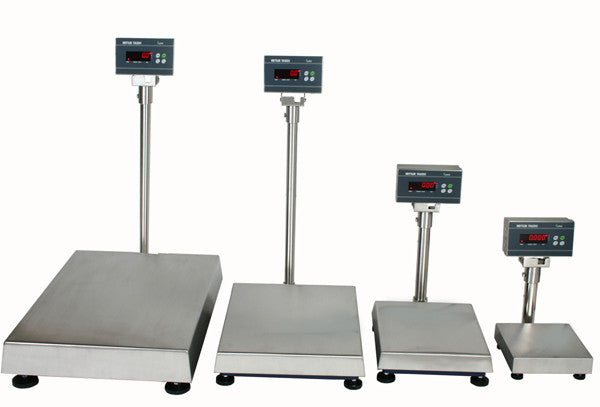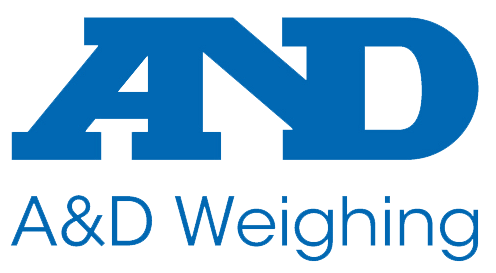What Exactly Is A Moisture Analyzer?
A Moisture Analyzer is equipment used in measuring the content of moisture in liquids and solids. It is utilized to measure the amount of moisture in various materials. This is useful for quality assurance or quality control departments that need to determine the amount of moisture in any given object. Water is one of the most cost effective components of any operations management therefore by using a moisture balance with the right specifications with your application; you will be able to optimize the water concentration as well as your quality control process.
Where Can I Use My Moisture Balance?
Pharmaceutical laboratories, food suppliers, wastewater treatment plants, pulp-paper producers, research and development, college and quality control laboratories are the most common end-users in moisture analysis. If you are looking to test a low level of moisture content (below 1% moisture) please ensure you are measuring with an instrument with high precision and accuracy so that your process is capable. Take for example, if you are measuring moisture in plastics, polymers, pellets more than likely you are going to want to use a balance with readability of 0.1mg to detect a change in mass. This is due to the fact that plastics such as rubber or cellulose are composed of molecules called polymers. These polymers are constructed from smaller molecular components known as monomers, which are joined together.
Why Should I Use A Moisture Analyzer?
Not only is water a very affordable fragment of any operation but it is also one of the easiest to maintain and improve upon. Most moisture analyzers that measure up to 1% moisture weigh approximately 10 pounds (lbs) and are compact so they are easy to operate and carry around. At the same time, there are many moisture balance manufactures you can choose from. Here at Way Up Scales, we don’t try to force any brand or specific models on you. We simply provide you the list of moisture analyzer options suitable for your application, ranging from top manufacturers to the more affordable models for everyday scale users. We distribute Ohaus, A&D Engineering, Radwag, Sartorius, Adam Equipment, and Mettler-Toledo. All of which provide a unique value to our happy customers. We don’t private label or privatize any of our moisture analyzers simply because we respect and acknowledge our manufactures and the efforts they have gone through to produce their equipment.
How Does A Moisture Balance Analyze Water?
A testing sample (liquid or solid) is placed inside a heating chamber. The CPU board then connects to the scale computer where it generates the weight of the sample inside of the chamber. Next, the heating element of the scale is then applied to the testing sample via the scales heating rod contained inside the moisture analyzer. The CPU Board of the moisture balance is then used to measure the weight of the sample in intervals during the moisture analysis process. When the moisture analyzer finishes evaporating and the weight of the testing sample becomes constant, the moisture scale then alerts the end-user that the moisture analysis test has been completed. The moisture analyzer then displays the results of the moisture content of the tested sample by computing the process using the LOD (Loss-On-Drying) Method.
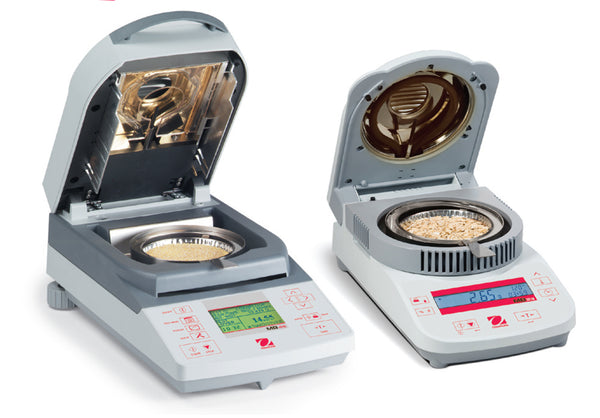
How Do I Run A Test On My Moisture Analyzer?
By Following Way Up Scales' Three (3) Step Guide:
- Tare Your Empty Sample Pan
- Load Testing Sample Onto Sample Pan
- Press Start And See Your Results
Congratulations! You Just Performed Your First Measurement With Your Brand New Moisture Analyzer.
Safety Tip: Carefully Remove Your Dried Sample Pan From The Heating Chamber Of The Unit When The Test Is Complete.
Who Uses Moisture Analyzers?
Moisture analysis is applicable across a wide variety of industrial applications where precise moisture percentages are monitored as a specification. Or in cases where the moisture content is highly controlled for production or product integrity. Moisture analysis is commonly used in the following industries:
- Agricultural and soil research
- Seed and grain development
- Biomass
- Chemical analysis
- Pharmaceuticals research
- Cosmetics
- Beauty products
- Food and beverage products
- Geological sciences
- Natural products (Herbal)
- Dietary and fitness supplements
- Petroleum products
- Pharmaceutical packaging and distribution
- Plastics (resins, polymers, films)
- Production mining
- Pulp and paper products

